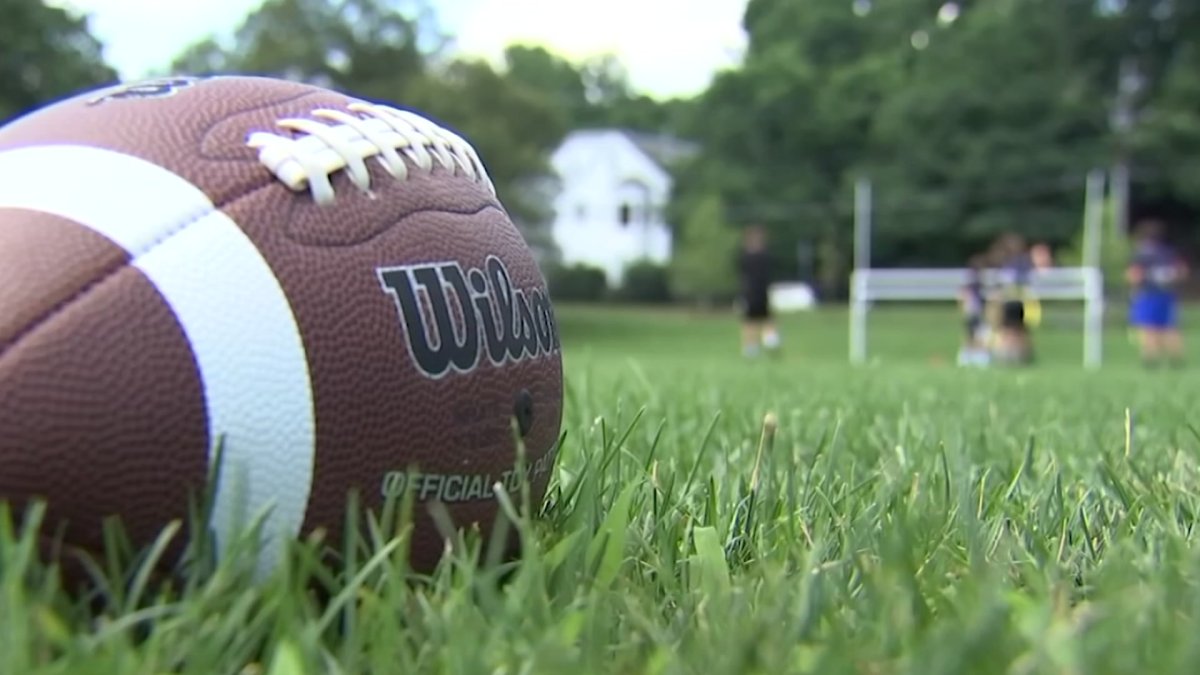
May is Mental Health Awareness month, a time when people around the world shine a light on mental health and the importance of conversations surrounding the topic.
May is Mental Health Awareness month, a time when people around the world shine a light on mental health and the importance of conversations surrounding the topic.
Children’s Health Andrews Institute is working to spread the word about young athletes and mental health.
Kimberly Williams, behavioral healthcare manager with Children’s Health Andrews Institute says much of the guidance student-athletes need starts at home.
“Often the mentality is I have to handle this on my own," Williams said. "They feel like if they speak up it’s a sign of weakness. You have to make sure you catch them before that feeling. Continue reinforcing that they have backup.”
Get DFW local news, weather forecasts and entertainment stories to your inbox. Sign up for NBC DFW newsletters.
She said it’s a balancing act.
“It is important to stay active," Williams said. "It takes on a new level when you are a student-athlete. There are several unique stressors involving rigorous training for optimal performance. Often they get a lot of pressure from mismanaged expectations from parents, teachers, coaches, and from within. It’s a feeling of constantly trying to measure up against others."
She also talked about warning signs parents can be on the lookout for.
Sports Connection
Connecting you to your favorite North Texas sports teams as well as sports news around the globe.
“Warning signs to look for at home is looking for academic performance suffering," Williams said. "If your child is irritable outside of the norm. Changes in sleeping habits or a decrease in appetite. Social isolation or withdrawing from friends. If these things persist for more than two weeks, you will want to ask questions, intervene and possibly get help."
Her message to parents continues to be think of the mind as just another part of the physical body.
“Overtraining of the mind goes hand in hand with overtraining the body," Williams said. "You are at risk for a mental health component. The risk of physical injuries is there. Who they are as an athlete and who they are outside of sports? If there isn’t a level of self-awareness first, then this can happen."